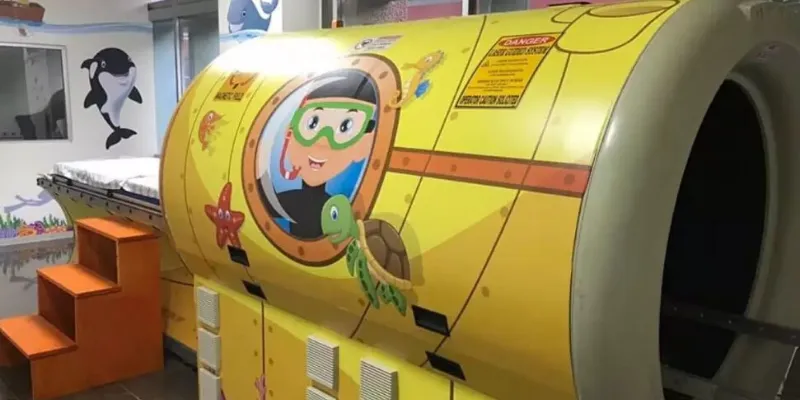This anti-cancer kit developed by a Bengaluru-based scientist has been approved by the USFDA
After 30 years of research, Rajah Vijay Kumar, Chairman of innovative technology company Organization De Scalene, has developed the breakthrough device capable of stopping the spread of cancer cells.
The US Food and Drug Administration's (USFDA) Centre for Devices and Radiological Health has labelled a medical invention by a Bengaluru-based scientist as a “breakthrough device” in the treatment of breast, liver, and pancreatic cancer.
The man behind this innovation is Rajah Vijay Kumar, Chairman of Organization De Scalene, an innovative technology company, and a researcher in the field of biophysics, nanotechnology, and sustainable energy. Cytotron, the device conceptualised by Rajah, is intended to cause a decline in the uncontrolled growth of tissues. It assists tissue engineering of cancer cells, by altering the regulation of specific proteins to stop these cells from multiplying and spreading.

Cytotron, the anti-cancer kit developed by Rajah Vijay Kumar.
Image Credit: Times of India
This type of intervention is known to help with the treatment of protein-linked disorders like neoplastic disease, specifically with pain relief, palliation, and improved quality and dignity of life.
“We are pleased to inform you that your device and proposed indication for use meet the criteria and have been granted designation as a breakthrough device,” says a communique from the FDA wing to Shreis Scalene Sciences, the company that had taken the device to the US, according to The Times of India.
The effort behind the development of Cytotron
It took close to 30 long years for Rajah to build Cytotron at the Centre for Advanced Research and Development in Bhopal. His research on cellular pathways and interactions with certain distinct modulated fast radio bursts formed the crux of his endeavour.
According to a report in North East Today, Rajah said,
“It is a great feeling that, after so many years of hard work, against all odds, an institution like the USFDA is designating our work as a breakthrough in the treatment of three types of cancers.”
Developing new technologies in the battle against cancer hardly materialises in today’s times. However, this has been an exception. The Centre for Devices and Radiological Health, which is a branch of the USFDA, is responsible for pre-market approval of all medical devices in the US, ensuring that they are safe for use and effective.
Cytotron has thus garnered attention for getting a go-ahead from an institute of such high position, generally considered not easy.

Bengaluru-based scientist, Rajah Vijay Kumar.
Generically known as rotational field quantum magnetic resonance, the device uses fast radio bursts (FRB), high energy, and powerful short radio bursts in which both electric and magnetic components of the electromagnetic signals are “circularly” polarised.
The researcher’s anti-cancer kit is all set to be produced, using the same principles, in the country. According to The Times of India, Rajah said,
“The devices will all be made in India, given that there are hardly any imported components. And, our American partner will take the device to the US. Cytotron is already an approved medical device and is in use in the UAE, Mexico, Malaysia, and Hong Kong, among others.”
(Edited by Athirupa Geetha Manichandar)








